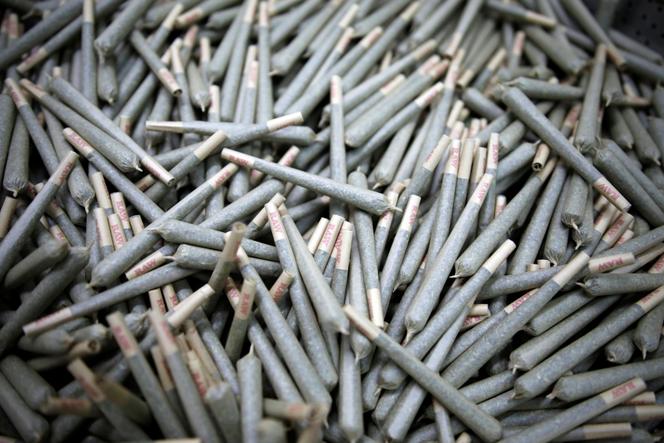


The first waves of Zionist immigrants to Palestine, at the beginning of the last century, were often convinced that they embodied a form of Western superiority over a decadent East. This prejudice led to a persistent aversion to hashish, produced in Syria and Lebanon but very popular in Egypt, where the ban on cannabis only drove up prices without ever curbing its mass consumption.
Although Palestine was merely a transit territory for various trafficking networks, in 1938 the most popular Hebrew-language daily accused Arab nationalists of "indulging in hashish and other narcotics." When the State of Israel was founded in 1948, it institutionalized the prohibition of narcotics, which led to intense controversy six years later when cannabis was found being grown by small groups of Moroccan immigrants.
Israel's triumph in the 1967 Six-Day War, with the occupation of the Palestinian territory of East Jerusalem, the West Bank and Gaza, coincided with the rise of hippy culture in Israeli society. More and more young people, after completing their military service (three years for men and two for women), chose to spend several months in India, a highly psychedelic pilgrimage that served as a gateway to working life in Israel. A subculture that normalized the use of "soft drugs" gradually took root.
Israel's invasion of Lebanon in 1982 gave Lebanese hash producers much easier access to the Israeli market, where cannabis, which was becoming increasingly cheaper, continued to gain popularity. In 1983, the volume of narcotics imported into Israel from Lebanon was estimated at 700 metric tons of hashish and half a metric ton of heroin. A 1988 study estimated that one in 10 Israeli adults was a regular user and one in 100 a dependent addict.
This public health challenge was compounded by genuine vulnerability in their security. The pro-Iranian militia Hezbollah has indeed taken control of a significant portion of the hashish and heroin production in Lebanon, with narcotics becoming bait or even a currency of exchange with compromised Israeli officers. In 2000, a retired Israeli colonel, lured to Dubai by the prospect of a lucrative deal, was kidnapped and handed over to Hezbollah in Beirut.
He was not released until four years later, in exchange for Israel freeing 435 Arab prisoners, including senior members of the Shiite militia. In 2006, an active Israeli colonel was sentenced to 12 years' imprisonment for drug trafficking and espionage on behalf of Hezbollah, which paid for his collaboration with heroin. This landmark verdict marked the end of a 25-year Lebanese drug era in Israel.
You have 42.35% of this article left to read. The rest is for subscribers only.
